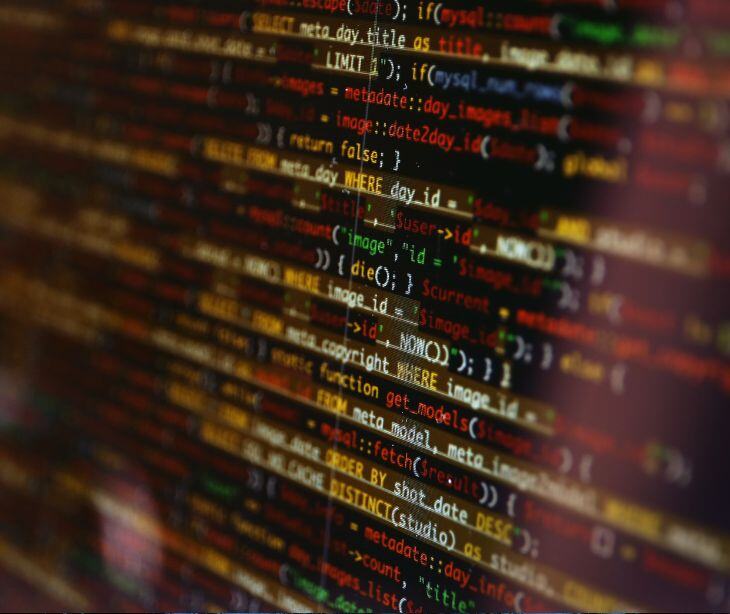
An Oregon Graduate Institute of Science and Technology study on the topic of buffer overflows, “Buffer overflows have been the most common form of security vulnerability in the last ten years. Moreover, buffer overflow vulnerabilities dominate in remote network penetration vulnerabilities, where an anonymous Internet user seeks to gain partial or total control of a host.”
Buffer overflow attacks happen when a program tries to put more data into a buffer—a specific area of memory—than it can hold. Imagine pouring a gallon of water into a pint-sized glass; the excess water spills over. Similarly, in computer memory, this overflow can overwrite nearby memory locations, causing the program to behave unpredictably, crash, or run malicious code. Attackers exploit this by crafting input that exceeds the buffer’s capacity.
When the system processes this input, the overflow can overwrite data in the memory, redirecting the program’s execution to the attacker’s malicious code. This code can then perform unauthorized actions like accessing sensitive data, corrupting files or taking control of the system. Buffer overflow attacks are particularly dangerous because they can bypass standard security measures, making them a powerful tool for cybercriminals targeting any software, especially those handling sensitive information.
See also: How threat actors exploit email address verification in healthcare
How does it work
- Attackers send an email with malicious code embedded in the message.
- The email contains more data than the email application can handle.
- When the email application processes the message, it tries to store the excess data.
- This excess data overflows into adjacent memory areas.
- The overflowed data can overwrite parts of the memory.
- The overwritten memory can include pointers and control structures.
- This causes the email application to execute the attacker's malicious code.
- The malicious code can then perform unauthorized actions.
- These actions can include stealing data, corrupting files, or taking control of the system.
- The attack can bypass standard email security measures, making it dangerous.
See also: Why do cyberattacks happen?
The impact of buffer overflow attacks on email systems
- Regulatory reporting issues: Healthcare providers must report specific incidents to regulatory bodies. An attacker exploiting email systems could alter or block these communications, leading to non-compliance with reporting requirements and subsequent fines or legal action.
- Targeted phishing campaigns: After gaining access, attackers could use compromised email systems to launch highly targeted phishing campaigns against patients, staff, or partner organizations, leveraging the trust in the healthcare provider's domain to steal further information or spread malware.
- Medical device tampering: Some email systems communicate with connected medical devices for updates or alerts. A buffer overflow attack could allow an attacker to send malicious commands to these devices, causing them to malfunction, stop working, or deliver harmful doses or procedures to patients.
- Appointment and scheduling disruptions: Attackers could exploit email systems to access and manipulate scheduling software. This can lead to appointment cancellations, double bookings, or altered schedules, disrupting patient care and clinic operations.
- Insurance and billing fraud: Emails often contain sensitive billing and insurance information. Attackers could alter billing codes or insurance claims, leading to fraudulent charges, denial of legitimate claims, or financial loss to patients and providers.
- Research data manipulation: Healthcare institutions involved in clinical trials and medical research use email to share sensitive data. A buffer overflow attack could result in the manipulation or theft of research data, jeopardizing the integrity of studies and potentially leading to false research outcomes.
See also: HIPAA Compliant Email: The Definitive Guide
FAQs
How do buffer overflow attacks differ from other cyber attacks?
Buffer overflow attacks specifically exploit vulnerabilities in memory management to execute malicious code, while other cyber attacks may use different methods like phishing, social engineering, or exploiting software vulnerabilities without relying on memory overflow.
Can buffer overflow attacks affect other types of systems?
Yes, buffer overflow attacks can affect various types of systems, including web servers, desktop applications, and network devices, not just email systems.
What programming languages are most vulnerable to buffer overflow attacks?
Programming languages like C and C++ are most vulnerable to buffer overflow attacks because they allow direct manipulation of memory and lack built-in bounds checking.
Subscribe to Paubox Weekly
Every Friday we'll bring you the most important news from Paubox. Our aim is to make you smarter, faster.



